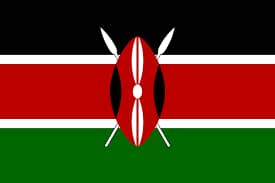After months of protracted protests over fees and commissions by Bolt, the ridehailing company finally caved in to the demands of its driver partners with an upward review of its base fare by 10% from Ksh200 to Ksh220. This is coming less than a week after Uber, Bolt’s main rival in the market adjusted rates to accommodate the new market realities. According to Bolt’s Linda Ndungu “this fare adjustment is not just a price change but also a step towards acknowledging the value our drivers bring to the platform every day.”
These recent protests by the drivers have been triggered by the worsening economic conditions in the vibrant East African economy, shrinking disposable income which in turn increased price sensitivity on the part of the riders which at the same time, drove up maintenance costs for the drivers. This sensitivity has seen riders go for smaller operators like Little and Faras although without the reach and spread of the market leaders Uber and Bolt.
There have been cases of drivers negotiating an extra fee with the riders beyond what the app suggests. Some drivers’ associations have gone as far as working out a pricing formula for members by multiplying the suggested fee on the apps by 1.5. This ultimately defeats the value proposition of both Uber and Bolt as riders and drivers are meant to initiate and conclude a trip on the app for the platform to monitor, ensure quality and capture value.
Reckon that in September 2022, the regulator National Transport and Safety Authority (NTSA) mandated an 18% commission fee to the platforms. One wonders the impact on investment attraction into the transportation subsegment.

